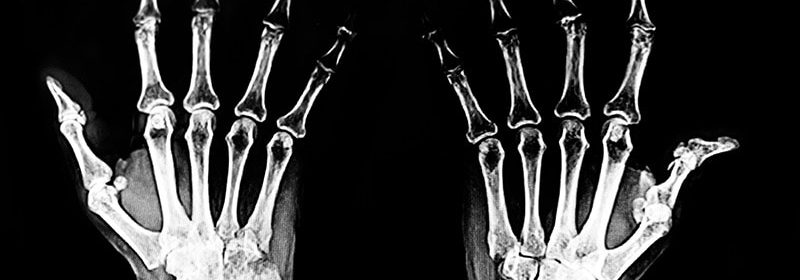JAK Inhibitor Effects in RA Confirmed in Real-World Study

TOPLINE:
A quartet of Janus kinase (JAK) inhibitors approved in Japan to treat rheumatoid arthritis — tofacitinib, baricitinib, peficitinib, and upadacitinib — showed similar safety and effectiveness in adults in a real-world, multicenter, retrospective study.
METHODOLOGY:
Previous research has shown the safety and efficacy of JAK inhibitors in rheumatoid arthritis, but real-world data comparing the various drugs are lacking.
The researchers reviewed data from 361 adults with RA treated at seven hospitals and compared safety and efficacy of the four JAK inhibitors using data collected at 2, 4, and 6 months after drug administration.
Effectiveness was assessed using the Clinical Disease Activity Index (CDAI); researchers then compared CDAI, C-reactive protein (CRP), modified scores on the Health Assessment Questionnaire (mHAQ) after drug initiation, and remission or low disease activity after 6 months.
TAKEAWAY:
Overall, 1 of every 3 patients achieved disease remission, and about three quarters achieved low disease activity.
Drug retention rates were similar across the four treatment groups at 6 months, with an overall retention rate of 85.4%; discontinuation rates from toxic adverse effects also were similar for tofacitinib, baricitinib, peficitinib, and upadacitinib (8.7%, 5.2%, 6.9%, and 5.7%, respectively).
No significant differences in efficacy emerged among the four treatment groups based on average CDAI, mHAQ, and CRP titer at 6 months after the drug introduction.
Predictors of lower effectiveness included baseline CRP titer, CDAI, glucocorticoid dose, and number of previous biologic/targeted synthetic disease-modifying antirheumatic drugs.
IN PRACTICE:
The current study indicates that drug retention, efficacy, and safety of tofacitinib, baricitinib, peficitinib, and upadacitinib for the treatment of RA remained similar after adjustment for potential confounders, the researchers write.
SOURCE:
A team of Japanese researchers led by Shinya Hayashi, MD, PhD, of Kobe University, Japan, conducted the study, which was published online November 1 in the journal Rheumatology.
LIMITATIONS:
The relatively small study population limits generalizability, and the researchers could not adjust for all potential confounding factors or account for potential bias or the impact of dosing changes during the study period.
DISCLOSURES:
The study received no outside funding. Lead author Hayashi had no financial conflicts to disclose; several co-authors disclosed relationships with companies including AbbVie, Asahi Kasei Pharma, Eli Lilly, Pfizer, and Janssen, all unrelated to the current study.
For more news, follow Medscape on Facebook, X (formerly Twitter), Instagram, YouTube, and LinkedIn
Source: Read Full Article